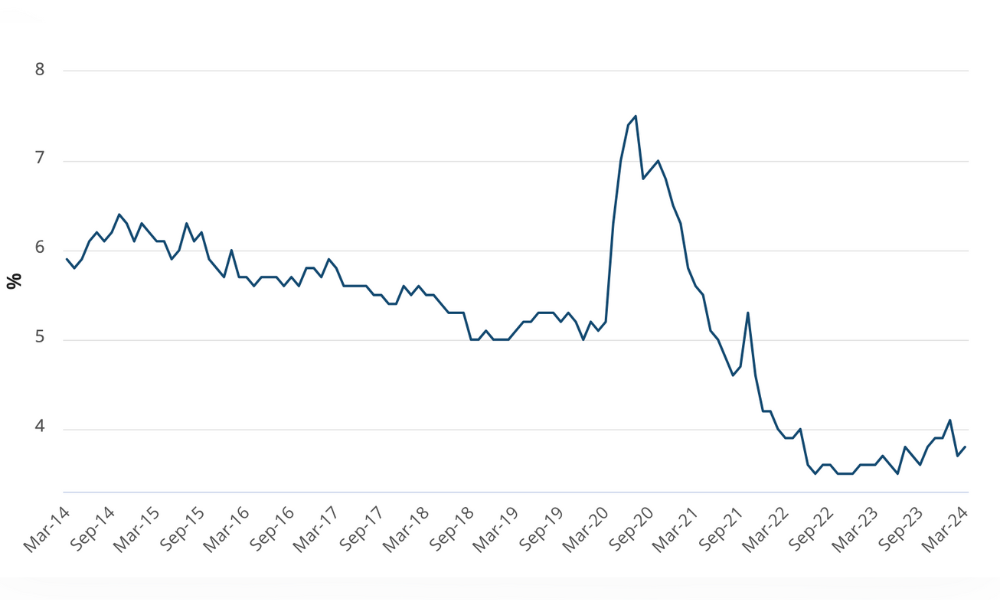McDonald’s, in collaboration with the Fair Work Ombudsman, set up a process to self-audit about 8,500 pay packets and correct any issues it found – the results are in.
(1).jpg) When McDonald’s announced it would be working with the Fair Work Ombudsman to self-audit its pay processes to ensure workers are being paid properly, it was an unprecedented step, and many like-organisations soon followed suit.
When McDonald’s announced it would be working with the Fair Work Ombudsman to self-audit its pay processes to ensure workers are being paid properly, it was an unprecedented step, and many like-organisations soon followed suit.
The fast-food giant audited some 8,500 pay packets across its regional and metropolitan restaurants for pay periods in 2009 and 2010 – it found that while they had achieved 100% compliance in 2009, in 2010 pay compliance came in at 97%. Even at an organisation such as McDonald’s, things can go wrong. “Courts are increasingly taking a firm view about non-compliance with workplace relations laws and this poses a considerable risk to reputation for companies across the board,” Fair Work Ombudsman Nicholas Wilson commented, adding the self-audit was a pioneering arrangement that may be used as a model for other major employers to follow.
Spotless, Red Rooster and Domino’s have already done so, signing Pro-Active Compliance Deeds with FWO which are currently being underway. Related: Voluntary pay audits gain momentum
McDonald’s conducted the audits in line with the company’s goal of being an employer of choice for young people and operating its business ethically. “We take our responsibility as one of Australia’s largest employers of youth very seriously and welcomed the opportunity to work with the Fair Work Ombudsman on this program,” Joanne Taylor, McDonald’s Senior Vice President and Director of Human Resources, said. Taylor said the company was pleased with the findings, and appreciated the opportunity to work with FWO in order to improve.
In independent internal pay audits, typically a review of the current industrial instrument that applies to the individual workforce is conducted. This may involve an award enterprise agreement or employment contract. Then the award classifications are reviewed to ensure employees are classified at the correct level and are receiving the correct pay rate, penalties and allowances, including the transitional items where appropriate.








